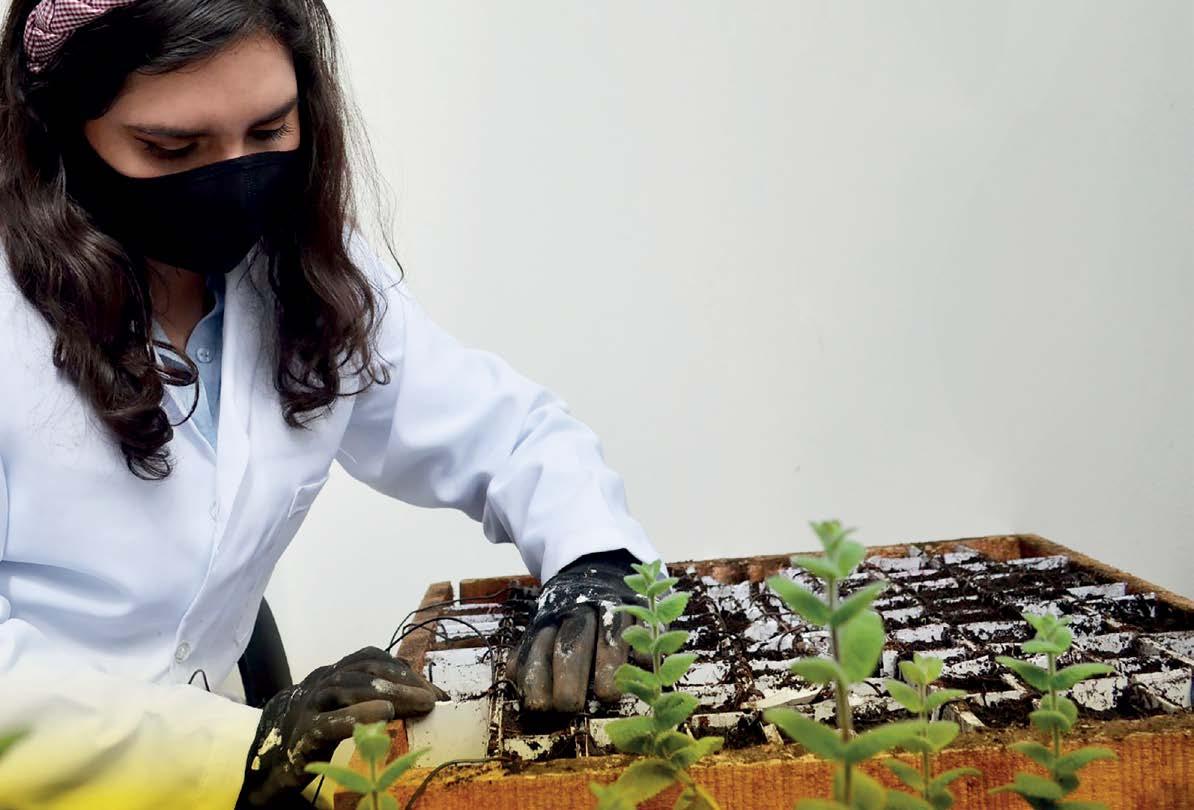
1 minute read
Pitching workshop
Standardisation of the LABIC | Phase 1: Ideation and prototyping
Pitching workshop
As we have stressed before, the development of the projects requires a good system of communication and documentation. A poorly explained project is a bad project. The main aspects of the pitching stage are:
“This two-way system feeds the proposals, adjusting them better to the tangible necessities of those communities, and so making them more likely to be implemented in the future”.
• To formulate workshops aimed at providing the participants with communicational skills. • To tailor a strategy for each project, establishing a communicational goal that allows the use of contemporary tools fit for the context. • To prepare a 5-minute presentation clearly communicating the result of the lab: the pitch should be centred on the empathy with the prototype´s final user, avoiding technical terminology and focus on the benefits of the product, its innovation, and putting emphasis on affordability and replicability.
The organisers offer training sessions to help the teams prepare for the final day presentation to make sure it highlights its potential for scalability and its benefits to the community.
The training for the final presentations focuses on making sure they reflect the scope and the full benefits of the project. While the presentations are getting ready, the participants identify priorities, objectives, and final users, making sure that the product improves. Communication among all the parts involved in the lABIC is the key to successful outcomes.
Mentoring sessions
It is quite normal that during the process of the lABIC, the teams might experience moments of frustration, disorientation, even internal conflict, or difficulty pinning the priorities of the work to tackle. In these situations, mentoring sessions are the best





